By Summer Said, Margherita Stancati and Stephen Kalin. Media: Wsj
Hamas released 17 Israeli and foreign hostages on Sunday, including a 4-year-old-girl with dual U.S.-Israeli citizenship, as negotiators remained locked in talks over a possible extension to the four-day deal that halted fighting.
Israeli authorities said that 14 Israelis were freed Sunday afternoon and left the Gaza Strip. Egyptian and Qatari officials involved in the negotiations to free the hostages said that three Thai citizens were also released. Among them is a dual U.S.-Israeli citizen, four-year-old Abigail Mor Idan, whose parents were killed on Oct. 7.
Idan has been through “a terrible trauma,” President Biden said Sunday following her release. “Thank God she is home.”
In accordance with a deal struck last week between Hamas and Israel, Israel freed 39 Palestinian prisoners from Israeli jails on Sunday in exchange for the hostages. A cease-fire that was part of that deal held for a third day.
Sunday is day three of the four-day agreement brokered by Qatar and Egypt, under which Hamas committed to releasing 50 Israeli hostages, exclusively women and children, in exchange for 150 Palestinian prisoners held by Israel. Israel also committed to allowing at least 200 trucks carrying humanitarian aid into the Gaza Strip daily.
With the end of the original agreement approaching, attention is turning to the prospects for prolonging the cease-fire.
Biden said Sunday that he would like to see the cease-fire extended. In a phone call, Israeli Prime Minister Benjamin Netanyahu told Biden that his government would accept an extension of the truce in exchange for the release of 10 hostages every day as the agreement says, according to a translation of a video statement.
U.S. officials appear to be laying out a strategy that extends the cease-fire to achieve two critical objectives: getting more hostages out of Gaza, including American citizens, and encouraging Israel to hold off on its offensive in the south until there is a plan in place to minimize civilian casualties.
Ten Americans have been held hostage, including nine U.S. citizens and one Green Card holder, national security adviser Jake Sullivan said on ABC’s “This Week” news show. Seven of them are men and the rest are women and children, including the 4-year-old girl released on Sunday.
Sullivan put the onus on Hamas to extend the cease-fire in exchange for hostages. “Hamas could choose on Tuesday, on Wednesday, on Thursday, to continue to release hostages and then the pause would continue,” he said. “If the pause stops, the responsibility for that rests on the shoulders of Hamas, not on the shoulders of Israel.”
But Sullivan also said on CBS News’ “Face the Nation” that Israel’s next stage of military operations should only take place “after civilians have been accounted for,” meaning that they have access to humanitarian assistance and safety from the fighting. “That’s the conversation we’re having with the Israelis right now,” he said.
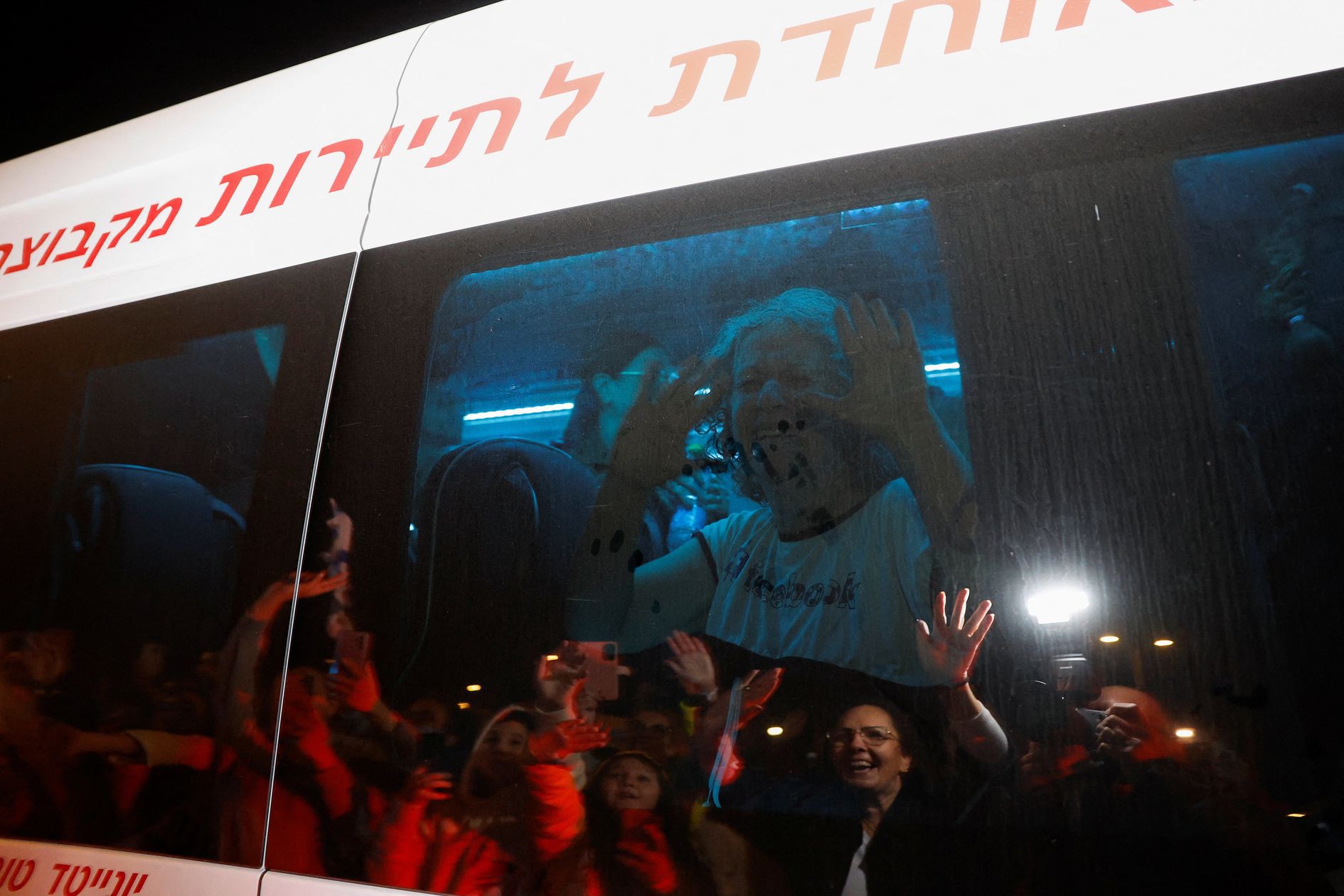
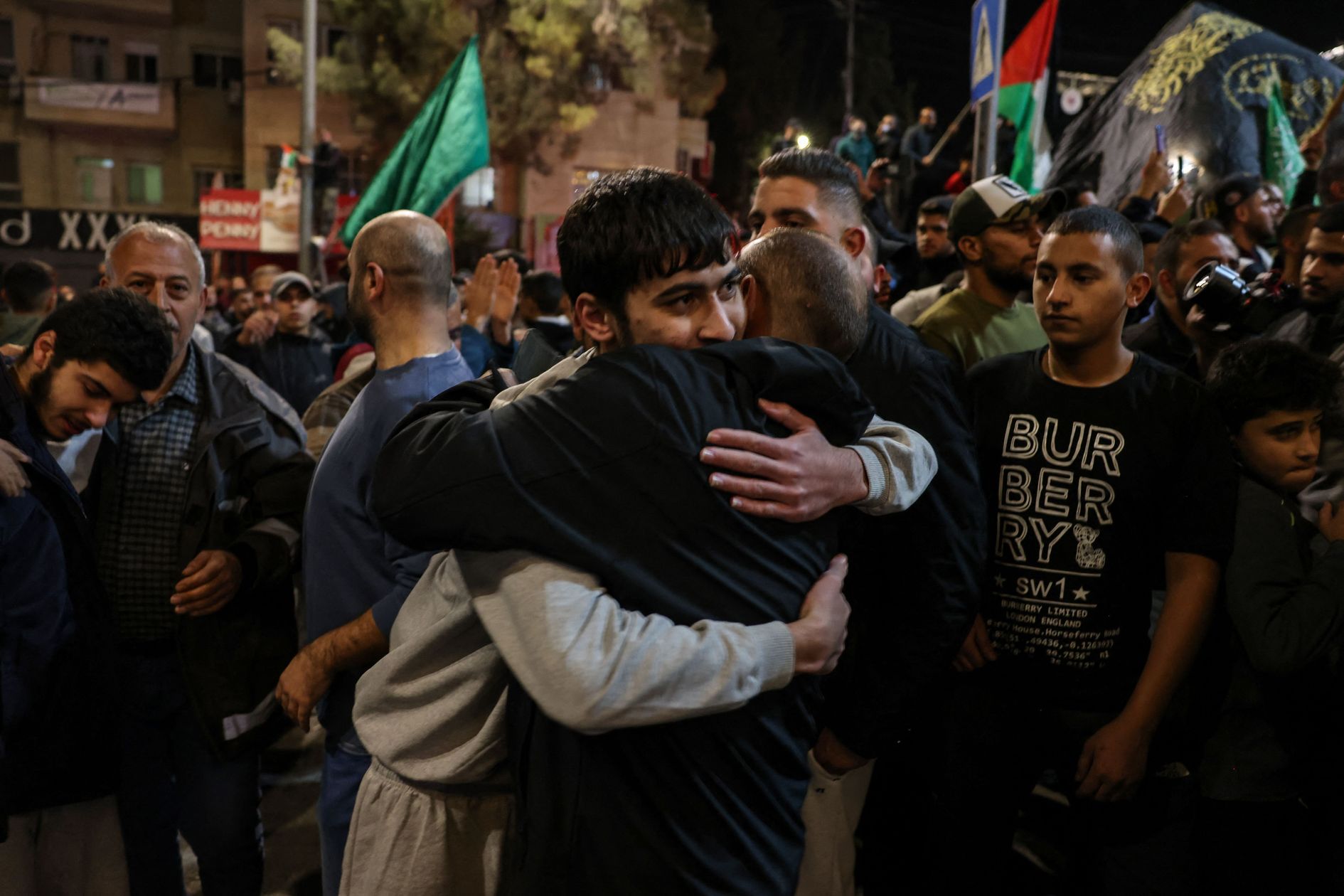
Qatar and Egypt are leading talks between Hamas and Israel now aimed at extending the initial agreement beyond Monday, possibly by up to four days. Negotiators are discussing the potential release of at least 20 more women and children hostages in exchange for the release of more Palestinian prisoners and delivery of more humanitarian aid to Gaza, said people familiar with the talks.
Hamas said it was in favor of prolonging the truce. “Hamas seeks to extend the cease-fire beyond the initial four days by actively exploring the release of more detainees,” it said in a statement released by its political wing on Sunday.
Hamas still needs to provide a list of hostages that it could release as a part of an extension, according to Egyptian and Qatari officials.
After women and children, elderly men would be given priority, followed by the bodies of deceased hostages, according to Egyptian officials. Hamas has so far ruled out releasing younger Israeli men during the temporary cease-fire.
All of the hostages released on Sunday were handed over to the International Committee of the Red Cross in the late afternoon in the northern portion of the Gaza Strip, an area that has been the focus of Israel’s war against Hamas.
Netanyahu is facing domestic pressure to extend the truce to bring home more of the captives, whom Hamas abducted during an Oct. 7 attacks on southern Israel in which about 1,200 people were killed. The Israeli government estimates that roughly 200 hostages are still held in Gaza.
Netanyahu is also under international pressure to contain civilian casualties. Israel’s war has taken a devastating toll on Gaza, so far killing over 14,800 people, most of them women and children, according to authorities in the Hamas-run enclave. The numbers don’t distinguish between civilians and combatants.
President Biden said Sunday that the U.S. is pushing for the truce to be extended beyond Monday. “This deal is delivering life-saving results,” he said. “That’s my goal, that’s our goal, to keep this pause going beyond tomorrow so that we can continue to see more hostages come out and surge more humanitarian relief to those in need in Gaza.”
The presence of more American citizens among the hostages being held by Hamas could raise the pressure on Netanyahu to prolong the pause in fighting. Biden said Sunday that he is “hopeful” that Americans being held hostage by Hamas will be released.
Having largely gained control of northern Gaza, the Israeli military is expected to shift its focus to the south, where it says Hamas’s leadership is hiding. Such a campaign could have catastrophic consequences on the civilian population that is seeking refuge there, including those who fled the north.
Netanyahu has pledged to continue the war in Gaza with the goal of eradicating Hamas after the truce, an objective that has strong domestic backing. The pause in fighting has given Hamas the first significant reprieve from Israeli air and ground assaults since the war began and could allow its militants to prepare to defend against a new assault.
During his first trip to the Gaza Strip since the war began, Netanyahu on Sunday said Israel wants a decisive victory against Hamas. “We have three goals for this war: eliminate Hamas, return all our abductees and ensure that Gaza does not become a threat to the State of Israel again,” he said. “We continue until the end, until victory. Nothing will stop us.”
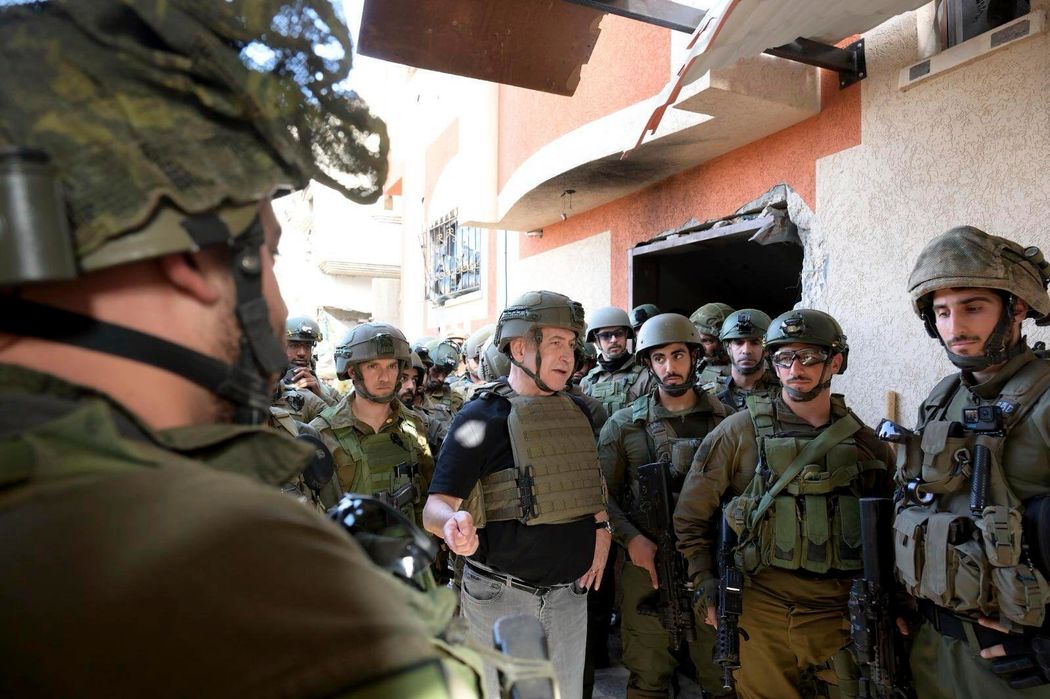
Since the pause in fighting began on Friday, 39 Israelis or dual nationals, all of them women and children, have left Gaza and returned to Israel as part of the Hamas-Israel deal. An additional 19 hostages, most of them Thai citizens, have been freed under separate agreements.
The return of Israeli hostages brought joy to many in Israel, a rare piece of good news since the Oct. 7 attacks in southern Israel. But the relief has been tempered by anxiety over the fate of the hostages still held in Gaza. Protesters have gathered in Jerusalem in recent days to press Netanyahu to do more to secure the return of all hostages.
Many of the 13 Israelis released on Saturday were kidnapped from the kibbutz of Be’eri, one of the worst-hit communities in the Oct. 7 attacks.
“It’s all mixed together, you understand? There is anger, happiness and sadness,” said Avivit John, 63, who is from Be’eri.
Israel on Sunday evening received the list of 11 hostages to be released from Gaza on Monday, according to Egyptian officials.
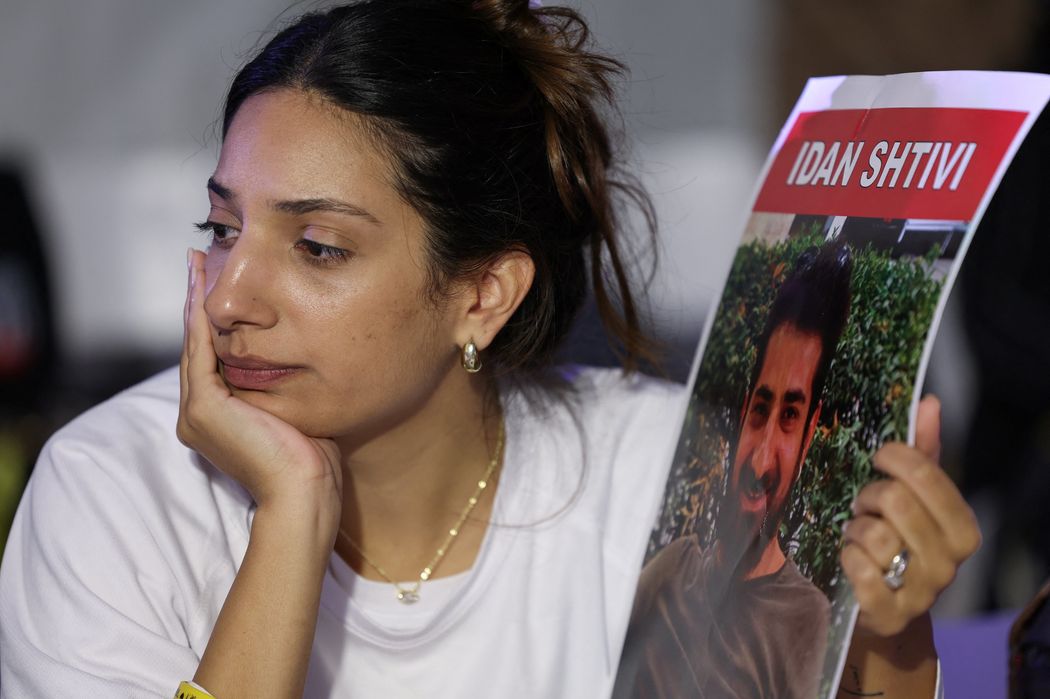
In return for the release of the hostages held by Hamas, 117 Palestinian women and teenagers have been freed from Israeli prisons. Most of them had been held without trial, and include people Israeli authorities accuse of terrorist-related activity.
The deal with Hamas stipulates that three Palestinian prisoners must be freed for every Israeli hostage.
The release of Palestinian prisoners produced scenes of jubilation in the West Bank over the weekend, with people waving Palestinian flags. Israeli forces on Saturday evening used tear gas against a crowd that had gathered to welcome released Palestinians at a prison checkpoint near the West Bank city of Beitunia. Many of them waved Hamas flags.
The Israel-Hamas deal has proved fragile. On Saturday, Hamas held up the release of hostages for hours because, at the time of the planned handover, the number of aid trucks that had entered Gaza was short of the agreed number.
Israel said on Sunday that it coordinated the delivery of aid and shelter equipment by 200 trucks to Gaza via Egypt. By Sunday evening, 120 trucks had cleared the border into Gaza, with numbers likely to increase in the coming hours, according to Egypt’s State Information Service.
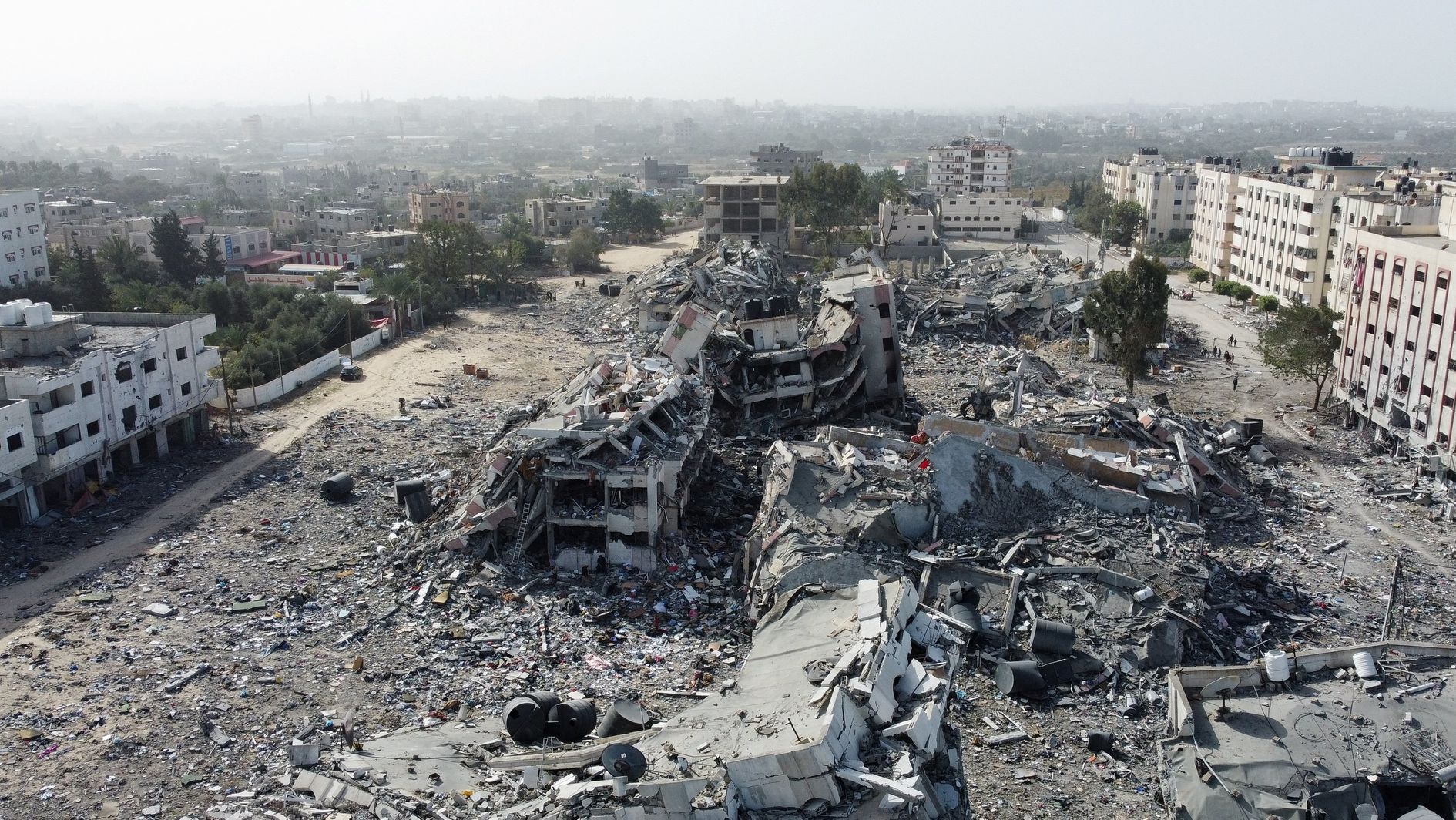
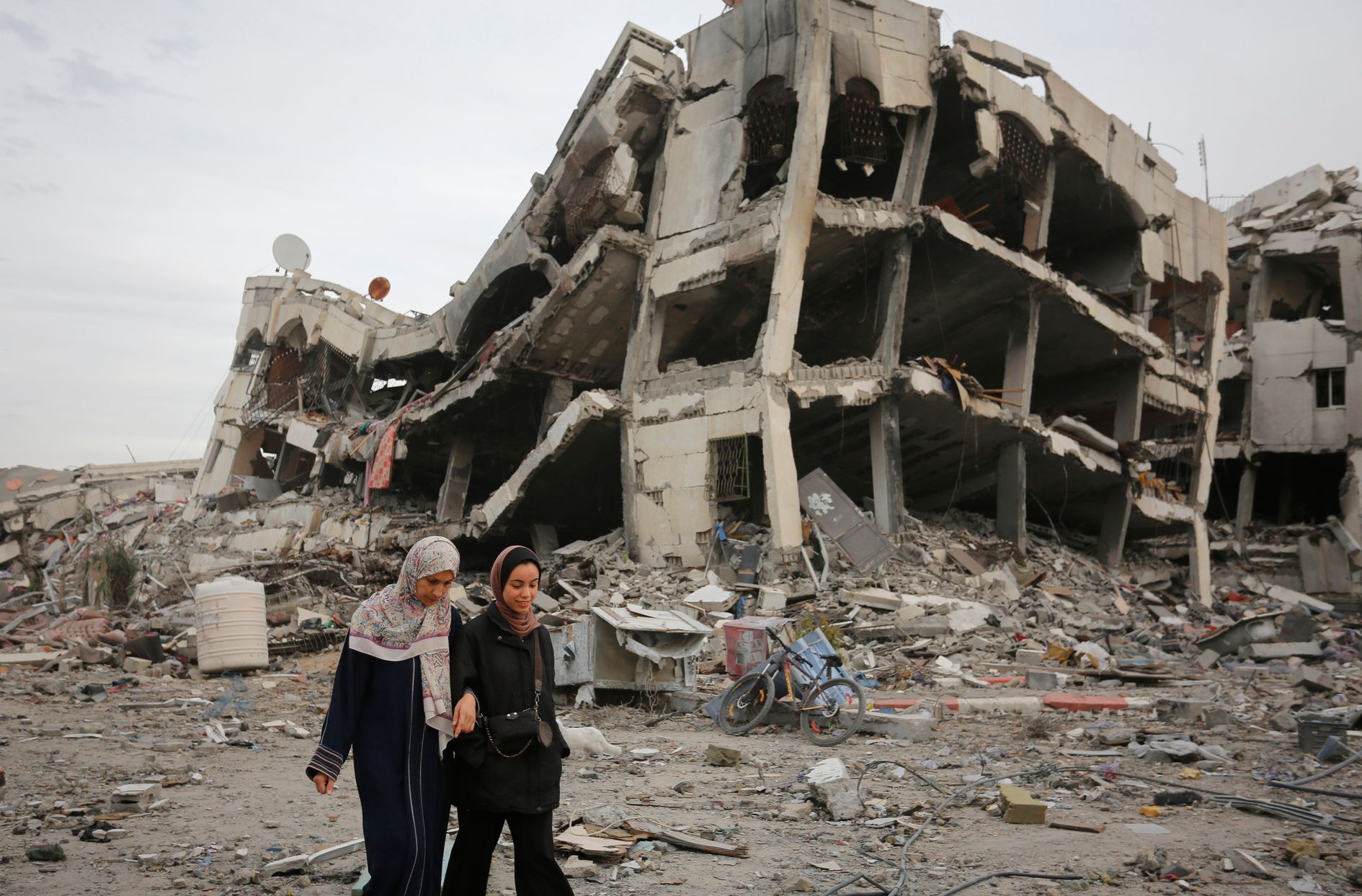
Only a fraction of the humanitarian aid, which includes food, water and medical supplies, is reaching the north of Gaza, according to the United Nations, which is overseeing the distribution of aid.
Israel hasn’t allowed any fuel to reach the north, the focus of its war against Hamas, which several countries, including the U.S., consider a terrorist organization.
The failure of humanitarian supplies to reach the north has been a major source of frustration for Hamas.
The group also accused Israel of violating the terms of the agreement by failing to prioritize the release of Palestinian prisoners based on who had been in prison the longest.
An Israeli official said the Israeli government was unaware that this was part of the agreement with Hamas.
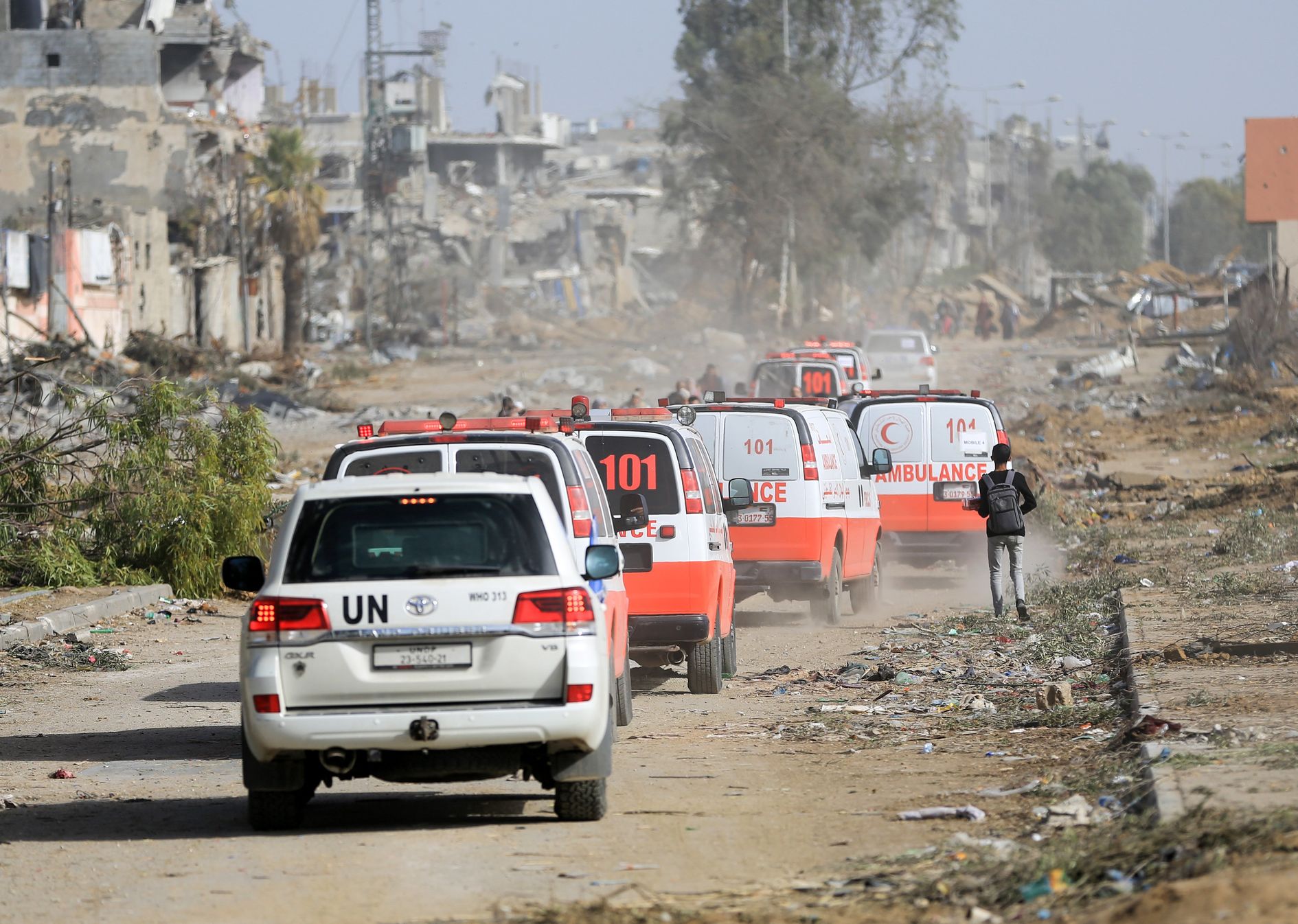


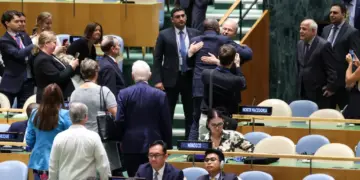

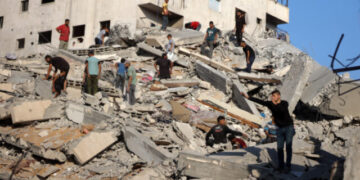






















































































Discussion about this post